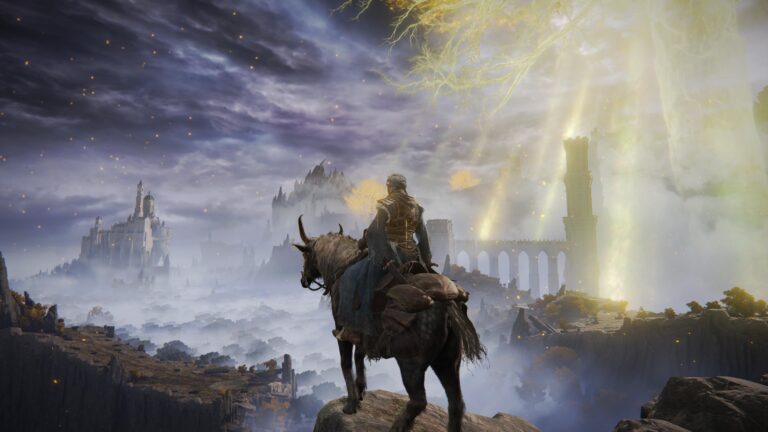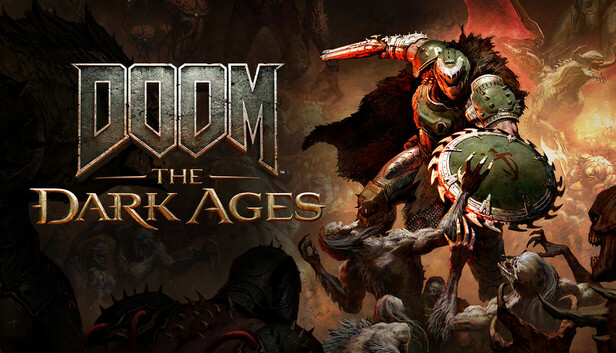Platform | PlayStation 2, Nintendo 3DS, Mobile |
|---|---|
Publisher | Square Enix |
Genre | Turn-Based RPG |
Release Date | 11/27/2004 |
Story
Dragon Quest 8: Journey of the Cursed King transports players to a vibrant and enchanting world where they embark on an epic quest to lift a sinister curse placed upon the kingdom of Trodain. The narrative begins with the kingdom enveloped in a mysterious curse cast by the malevolent jester, Dhoulmagus. This dark spell transforms King Trode into a troll-like creature and his daughter, Princess Medea, into a horse. As the only unaffected person in the kingdom, a nameless hero, accompanied by King Trode and Princess Medea, sets out on a journey to defeat Dhoulmagus and break the curse.
The story unfolds across a sprawling world filled with diverse locales, from lush forests to arid deserts and bustling cities. Along the way, the hero is joined by a cast of memorable characters, including Yangus, a reformed bandit with a heart of gold; Jessica, a fiery sorceress seeking vengeance for her brother’s murder; and Angelo, a charming Templar knight with a mysterious past. As the party pursues Dhoulmagus, they uncover deeper layers of intrigue and face powerful adversaries, leading to a climactic showdown that challenges their courage and determination.
Gameplay
Dragon Quest 8 offers a classic and engaging RPG experience with a turn-based combat system that is both accessible and strategic. Players navigate a richly detailed 3D world, encountering a variety of monsters and engaging in battles that require careful planning and tactical prowess. The game retains the traditional menu-based combat mechanics, allowing players to choose actions for each character, such as attacking, using magic spells, or employing special abilities.
One of the standout features of the gameplay is the skill allocation system, which allows players to customize their characters by distributing skill points into different abilities, enhancing their combat effectiveness and unlocking new skills. This system adds a layer of depth and personalization, encouraging players to experiment with different builds and strategies.
Exploration is another key element of Dragon Quest 8, with an expansive world map that invites players to discover hidden treasures, secret dungeons, and optional quests. The game encourages thorough exploration, rewarding players with powerful equipment and unique encounters. Additionally, the Alchemy Pot system provides a crafting mechanic that allows players to combine items to create more potent gear, further enhancing their party’s capabilities.
Graphics and Sound
Dragon Quest 8 is renowned for its stunning cel-shaded graphics, which bring the game’s vibrant world to life. The art style, designed by legendary artist Akira Toriyama, is characterized by colorful environments, expressive character designs, and imaginative monster creations. The transition to full 3D graphics was a significant leap for the series, offering a visually captivating experience that still holds up remarkably well today.
The game’s sound design is equally impressive, featuring a score composed by Koichi Sugiyama that perfectly complements the game’s adventurous tone. The orchestral soundtrack enhances the emotional impact of key story moments and heightens the sense of wonder as players explore new areas. The English voice acting, added in the Western release, is another highlight, bringing the characters to life with engaging performances and memorable dialogue.
Legacy and Reception
Upon its release, Dragon Quest 8 received widespread critical acclaim and commercial success. It was lauded for its engaging story, charming characters, and polished gameplay mechanics. The transition to 3D graphics was particularly praised, marking a new era for the Dragon Quest series and setting a high standard for future installments.
The game’s influence extends beyond its initial release, as it introduced the Dragon Quest franchise to a broader Western audience. The successful localization, including the addition of voice acting and an orchestral soundtrack, helped the game resonate with players outside of Japan. Dragon Quest 8’s impact is evident in its numerous re-releases on platforms such as the Nintendo 3DS and mobile devices, ensuring that new generations of players can experience its timeless adventure.
In addition to its critical and commercial success, Dragon Quest 8 has left a lasting legacy within the RPG genre. Its seamless blend of traditional mechanics with modern enhancements set a benchmark for future RPGs, influencing subsequent titles both within and outside the Dragon Quest series. The game’s enduring popularity is a testament to its quality and the fondness with which it is remembered by fans worldwide.
Conclusion
Dragon Quest 8: Journey of the Cursed King stands as a landmark title in the beloved Dragon Quest series. Its captivating story, strategic gameplay, and stunning presentation have cemented its place as a classic RPG that continues to enchant players. The game successfully bridged the gap between traditional and modern RPG design, leaving an indelible mark on the genre and paving the way for future entries in the series. Dragon Quest 8’s legacy is one of excellence and innovation, ensuring its place in the pantheon of great role-playing games.















